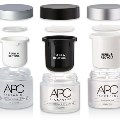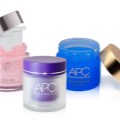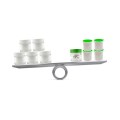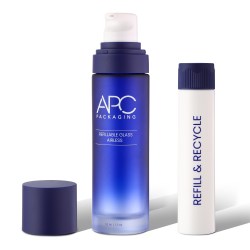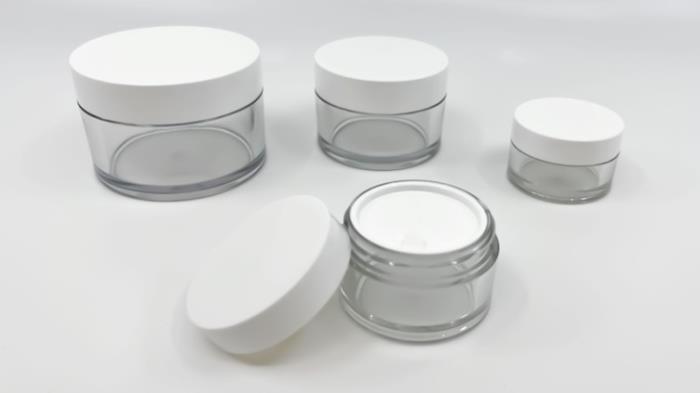

Polyethylene Terephthalate, also known as PET or PETE, is a universally useful thermoplastic polymer and has a place with the polyester family of polymers. PET is the most widely recycled plastic in the world. PET features excellent mechanical, optical, and electrical properties.
PROPERTIES OF POLYETHYLENE TEREPHTHALATE (PET)
Polyethylene Terephthalate (PET) has high dimensional stability, low shrinkage on heating, good chemical resistance, and very good electrical insulation. PET is a transparent and strong, tough, and stiff polymer with both excellent gas and moisture barrier properties.
SOME OTHER ADVANTAGES OF USING PET RESIN
- Polyethylene Terephthalate (PET) has greater stiffness and strength as compared to Polybutylene Terephthalate (PBT).
- It is lightweight and subsequently simple to ship.
- PET has an expansive range of use temperature: 60-130°C.
- It has a greater heat distortion temperature (HDT) when compared to PBT.
- It has low gas permeability, especially in the case of CO2.
- PET is not breakable because it is shatter-resistant and consequently an appropriate glass-substitution in specific applications.
- PET is endorsed as safe to get in contact with foods & beverages by the FDA, EFSA, and other healthcare agencies.
PROCESSING AND APPLICATIONS
Polyethylene Terephthalate (PET) does need to be dried before processing in order to minimize hydrolysis, or the degradation due to the presence of moisture. This material can be utilized in several different manufacturing processes including, injection molding, blow molding, injection blow molding, and injection stretch blow molding.
This gives PET the versatility to be used in a wide variety of applications. The two main uses for PET resin in fiber-type applications, and pop-bottle applications.
RECYCLING OF POLYETHYLENE TEREPHTHALATE (PET)
Polyethylene Terephthalate (PET) items are 100% recyclable. PET is the most reused plastic around the world. The Low-diffusion coefficient makes PET significantly more reasonable as compared to other plastic materials for use as a reused material.
Post-consumer PET containers are processed through different processes to break the PET down into its raw materials, making recycled PET (rPET) flakes. Moreover, heat-treatment of recycled PET flakes eliminates any volatiles, and it helps make them safe.
On the other hand, PET containers finding their way to the landfill pose no damage or leaching. Being an inert polymer, it is impervious to be attacked by micro-organisms and would not organically degrade.









